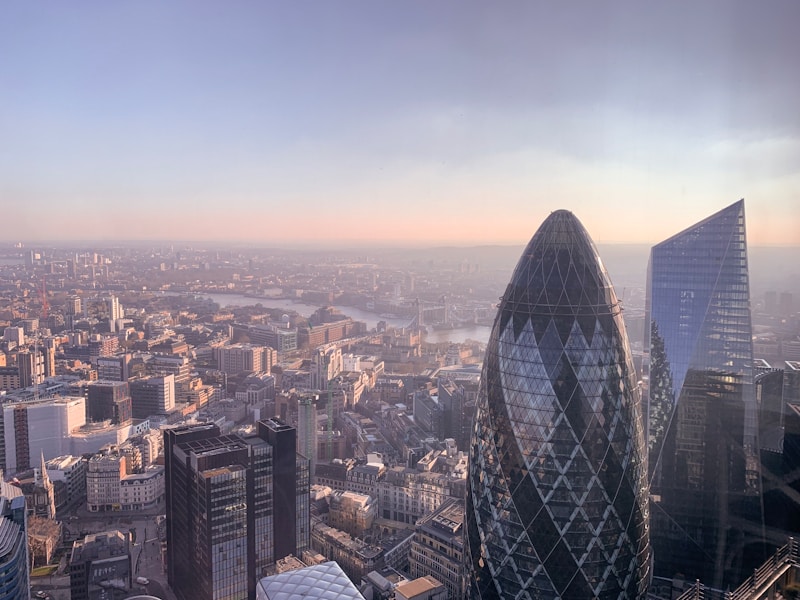Podcast
Questions and Answers
What does political globalization refer to?
What does political globalization refer to?
The intensification and expansion of political interrelationships across the globe.
Which of the following are key players in political globalization? (Select all that apply)
Which of the following are key players in political globalization? (Select all that apply)
Name three institutions of global governance.
Name three institutions of global governance.
World Bank, International Monetary Fund (IMF), World Trade Organization (WTO).
The United Nations has 193 member states.
The United Nations has 193 member states.
Signup and view all the answers
The __________ is the central organ of the United Nations responsible for deliberating on issues such as membership and budget.
The __________ is the central organ of the United Nations responsible for deliberating on issues such as membership and budget.
Signup and view all the answers
What is the primary responsibility of the Security Council?
What is the primary responsibility of the Security Council?
Signup and view all the answers
Which of the following is NOT a principal organ of the United Nations?
Which of the following is NOT a principal organ of the United Nations?
Signup and view all the answers
The Economic and Social Council is composed of 54 states with a 3-year term.
The Economic and Social Council is composed of 54 states with a 3-year term.
Signup and view all the answers
List two members that are permanent members of the Security Council.
List two members that are permanent members of the Security Council.
Signup and view all the answers
Study Notes
Political Globalization
- Refers to the expansion and intensification of political interrelationships globally.
- Includes the growth of the worldwide political system, encompassing both size and complexity.
- It highlights the interconnection of various actors including:
- States
- Institutions of Global Governance
- International Non-Governmental Organizations (NGOs)
- Social Movement Organizations
States
- A state is a political entity defined by four key elements: people, territory, government, and sovereignty.
- Examples of states include the Philippines, Japan, and the United States of America.
Institutions of Global Governance
- Examples include:
- World Bank
- International Monetary Fund (IMF)
- World Trade Organization (WTO)
- Global Governance encompasses institutions, policies, procedures, and initiatives that enable states and their citizens to respond to transnational challenges.
International Non-Governmental Organizations (NGOs)
- Organizations that operate independently from government control.
- Examples include:
- International Red Cross
- Greenpeace
- World Wildlife Fund
- International NGOs share the same mission as NGOs but have outposts around the world focusing on specific issues across multiple countries.
Social Movement Organizations
- Composed of a specific social movement, typically consisting of various formal organizations that share the movement's goals.
- Examples include:
- Vegan movement
- Gay rights movement
- Feminist movement
United Nations
- An international body comprised of a family of nations.
- Membership requirements include being a state, peace-loving, accepting obligations as a member, and demonstrating the ability and willingness to fulfill these obligations.
- Currently, there are 193 member states.
- Through its various organs, offices, agencies, programs, and subsidiary agencies, the UN influences global politics and policy-making.
Purpose of the United Nations
- To maintain international peace and security.
- To develop friendly relations among nations.
- To achieve international cooperation in solving international economic, social, cultural, and humanitarian problems.
- To promote respect for human rights.
- To serve as a central hub for harmonizing the actions of nations towards common goals.
Principal Organs of the United Nations
- General Assembly
- Security Council
- Economic and Social Council
- International Court of Justice
- Secretariat
General Assembly
- Serves as the central organ of the UN, acting as the principal deliberative body.
- Discusses issues such as membership and budget.
- All member states are part of the General Assembly.
Security Council
- Primary responsibility lies in maintaining international peace and security.
- Composed of 15 states:
- 5 permanent members (France, USA, China, Russian Federation, and the United Kingdom)
- 10 non-permanent members (selected by the GA for 2-year terms).
- The permanent members were all victorious allies in World War II and are all nuclear weapons states.
Economic and Social Council
- Deliberates on economic and social issues.
- Composed of 54 states with a 3-year term.
Studying That Suits You
Use AI to generate personalized quizzes and flashcards to suit your learning preferences.
Related Documents
Description
This quiz explores the concepts of political globalization, including the roles of states, global governance institutions, and international NGOs. Understand how these elements interconnect in the global political arena. Test your knowledge on the complexities and dynamics of political relationships worldwide.




